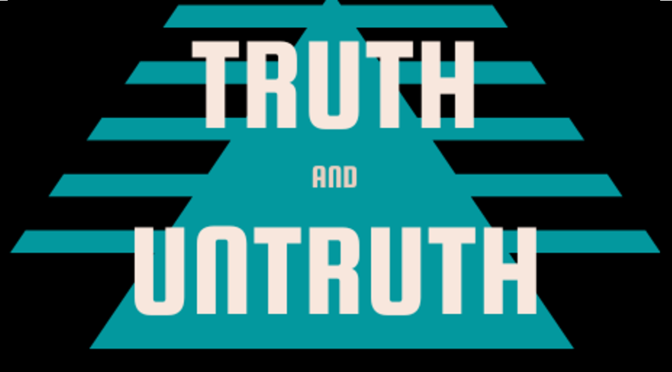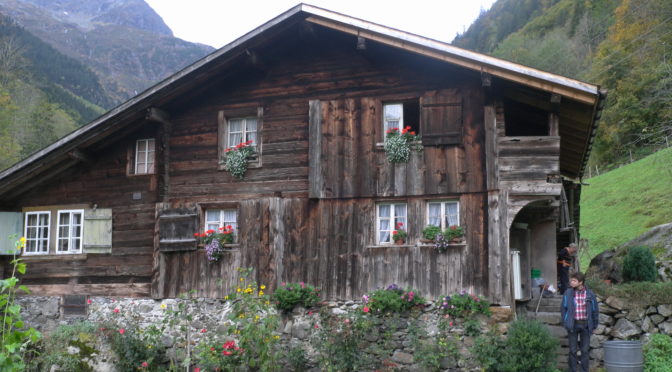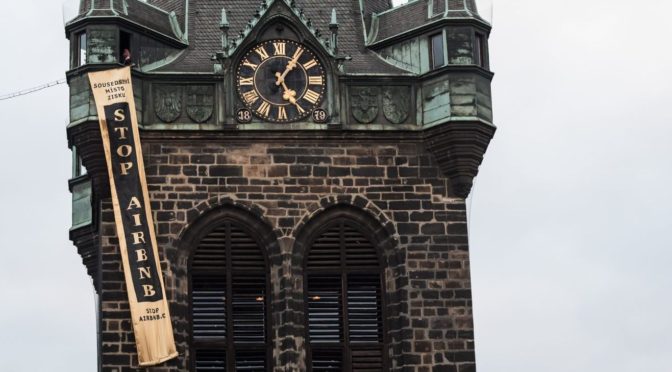Studentský doktorandský workshop bude organizován pařížským EHESS a CEFRESem na téma Lidstvo a společenské vědy čelící nečekanému.
Datum: 12. dubna 2021 (9:30-19:00)
Termín odevzdání: 15. března 2021
Místo konání: online a CEFRES, Na Florenci 3 (Praha)
Jazyk: Angličtina
Koordinace: Falk Bretschneider (EHESS), Jérôme Heurtaux (CEFRES)
Vedoucí: Michèle Baussant (CNRS/CEFRES), Falk Bretschneider (EHESS), Emmanuel Désveaux (EHESS), Jérôme Heurtaux (CEFRES), Pavel Himl (FHS UK), Claire Madl (CEFRES), Silvia Sebastiani (EHESS)
Sanitární krize způsobená pandemií Covid-19 uvrhla celý svět do hluboké nejistoty a radikálně otřásla téměř všemi našimi zvyky. To platí i pro výzkum. Uzavření zemí, cestovní omezení, zákaz vycházení, uzavření knihoven nebo archivů a další opatření o udržování rozestupů a ochraně mají přímý a někdy brutální dopad na mnoho vědeckých projektů, zejména na projekty mnoha mladých výzkumných pracovníků, které mají smlouvy na dobu určitou. Tento kontext nás proto vede k otázce způsobů, jakými se humanitní a společenské vědy mohou vypořádat s nejistotou, neočekávaným a nepředvídaným, a to dvěma směry:
Na jedné straně je to otázka našich vlastních výzkumných praktik, tj. technik a metod – které ještě musí být vytvořeny – abychom se vyrovnali s realitou, která se tak rychle změnila. Zejména, jak se vypořádat s náhlou nemožností přístupu k výzkumné oblasti nebo archivu (ať už je to kvůli současné pandemii nebo jiné neočekávané události)? Jak reagovat tváří v tvář vnějším podmínkám, které znemožňují provedení projektu, jak bylo původně plánováno? Jaké příležitosti nabízejí nové prostředky dálkového výzkumu, ale také jaká rizika s sebou nesou – a jak můžeme o těchto dvou jevech společně přemýšlet v metodické reflexi, která je jasná i produktivní?
(2) Na druhé straně je důležité vznést otázku rychlých změn, které někdy ovlivňují naše výzkumné objekty, někdy vedou k jejich radikálnímu přeformulování. Výskyt nečekané události nebo brutálního zvratu – lidská historie oplývá válkami, revolucemi, pandemiemi či jinými katastrofami, které pokaždé vyvolávají více či méně úplný zvrat současných norem a praktik v dotčených společnostech. Jak můžeme analyzovat dopady těchto transformací na minulé i současné společnosti, a to jak kolektivně, tak individuálně (biografické trhliny atd.) a povědět o formách rezistence a adaptace? Jak můžeme přemýšlet o těchto narušeních, reakcích, které vyvolávají, a o formách odolnosti, které vyvolávají?
Zveme všechny doktorandy z CEFRESu, EHESSu nebo z českou univerzity, aby podali svou přihlášku, která bude obsahovat v jednom PDF souboru životopis (maximálně dvě stránky) a stručný popis plánovaného zásahu (přibližně 1 500 znaků včetně mezer). Workshop bude uspořádán kolem prezentaci mladých výzkumných pracovníků a jejich diskuzí s vedoucími pracovníky a dalšími účastníky. Kromě toho bude čas na výměnu individuálních zkušeností o globální pandemii. Přihlášku zašlete do 15. března 2021 na následující adresy: falk.bretschneider@ehess.fr a jerome.heurtaux@cefres.cz
Pro více informací:
falk.bretschneider@ehess.fr
jerome.heurtaux@cefres.cz






